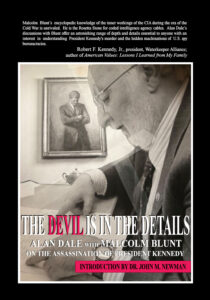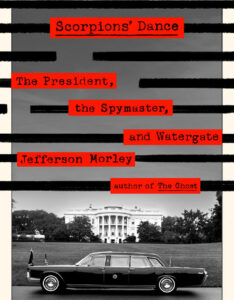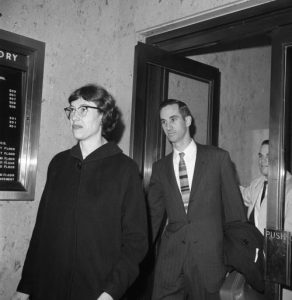
Ruth and Michael Paine, arriving for Warren Commission hearings, after their lives and the Oswalds’ intersected. Photo Bettmann Getty Images
Ruth Hyde Paine (September 3, 1932 – August 31, 2025)
* * *
2 September, 2025 | Paine died at a Quaker retirement residence in Santa Rosa, California, on August 31, 2025, after being in a coma for five days; she was three days shy of her 93rd birthday.
Related: Included among the extraordinary research materials contained within the Talbot-Croft Archive are two audio files and transcripts of an interview with Ruth conducted by David Talbot and Karen Croft.
Transcripts:

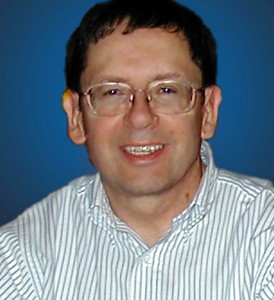
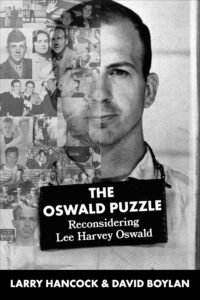
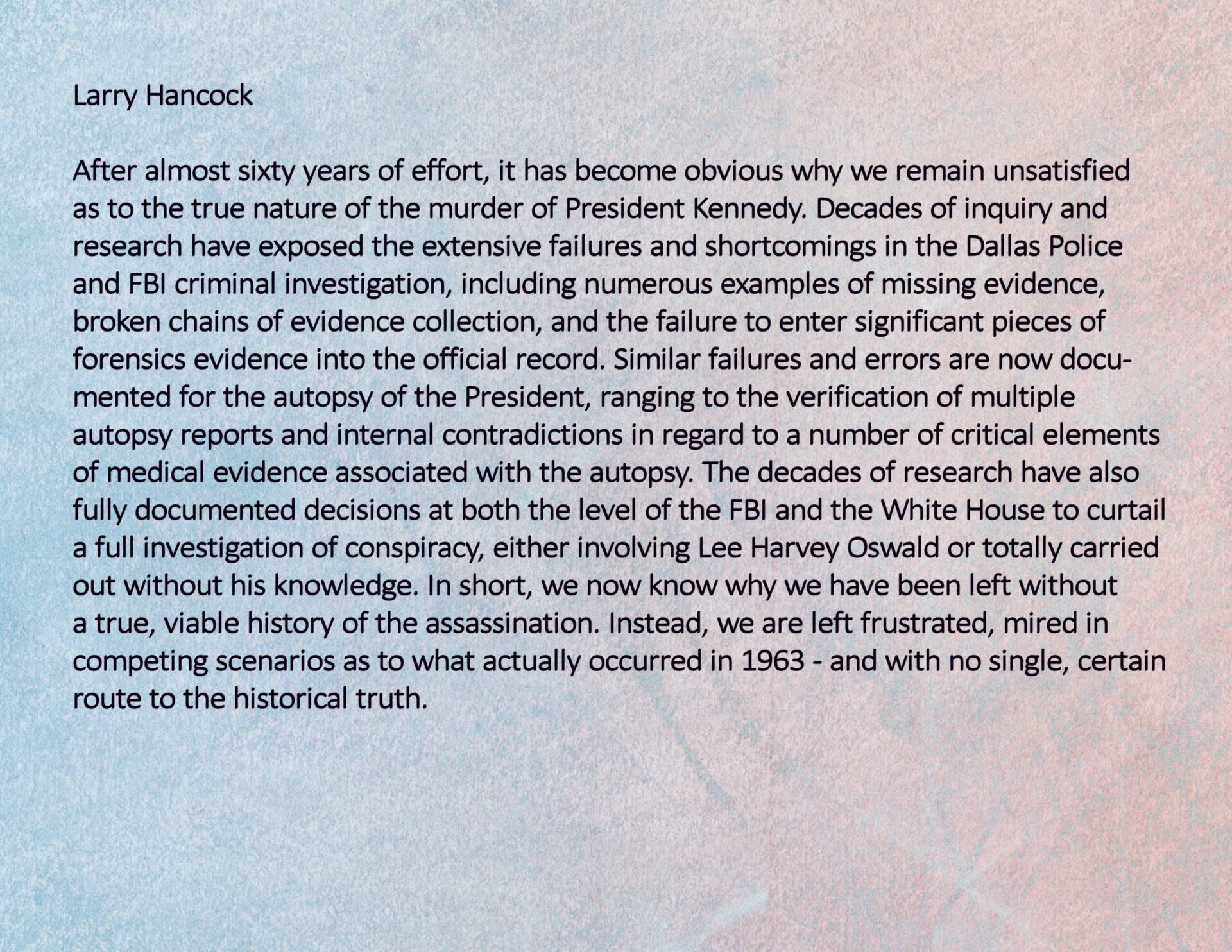
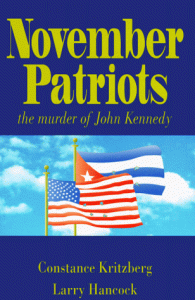
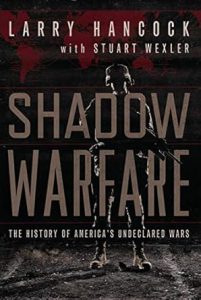


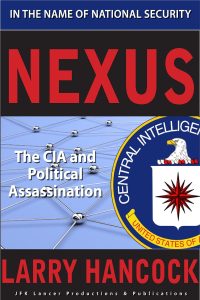
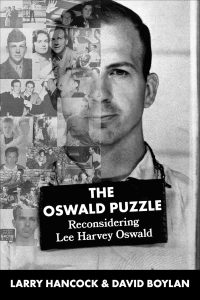
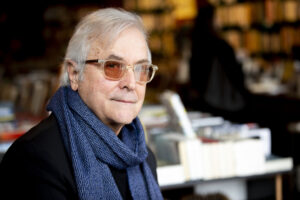
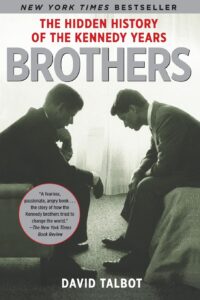
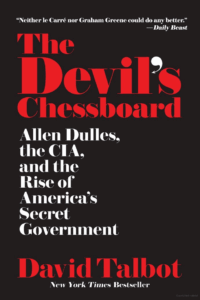
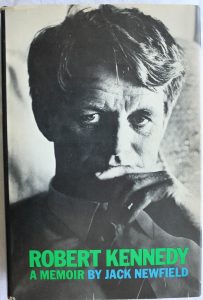
 President Vacations in Maine. Under Secretary of the Navy Paul Fay, President John F. Kennedy, Patricia Kennedy Lawford. Boothbay Harbor, ME, aboard the US Coast Guard Cutter “Guardian 1.”
President Vacations in Maine. Under Secretary of the Navy Paul Fay, President John F. Kennedy, Patricia Kennedy Lawford. Boothbay Harbor, ME, aboard the US Coast Guard Cutter “Guardian 1.”